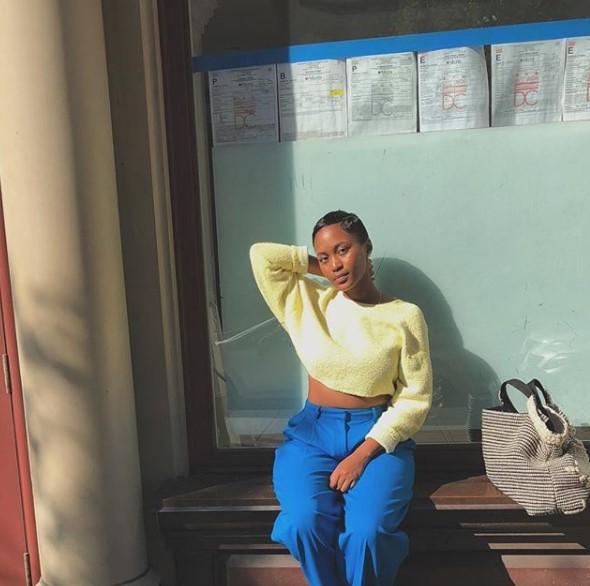Mom Creates Doll Line That Empowers Black Girls
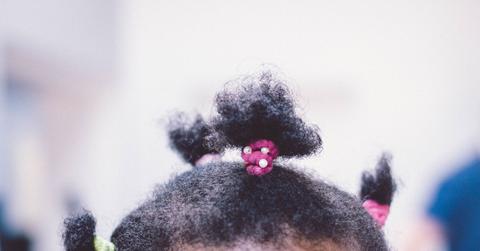
As a child, I scoured the aisles of Toys R’ Us on the hunt for the perfect doll. I browsed each shelf with no luck. Looking at all of the fairer Barbie’s with long blonde hair, I struggled to find one that resembled me best.
Thankfully, Ozi Okaro recognized the void in representation for young girls of color and decided to take action, creating her line, the Ikuzi Doll. The Ikuzi Doll collection features dolls of all shades, from the fairest of skin to the deepest brown. And as of this week, the dolls are now being sold on ToysRUs.com.
“Ikuzi means ‘to teach,’ as I believe it is important to teach our children to love and be proud of who they are,” explained Ozi.
Aside from creating the dolls, Ozi is the author of three children’s books, a children’s wear line called Z by Ozi, and African educational flash cards; all housed under her parent brand African Girl Brands. The powerhouse graduated with her MBA in Marketing Management from Columbia Business School, and since then landed related roles for major companies like Victoria’s Secret, Toys R Us, and Avon.
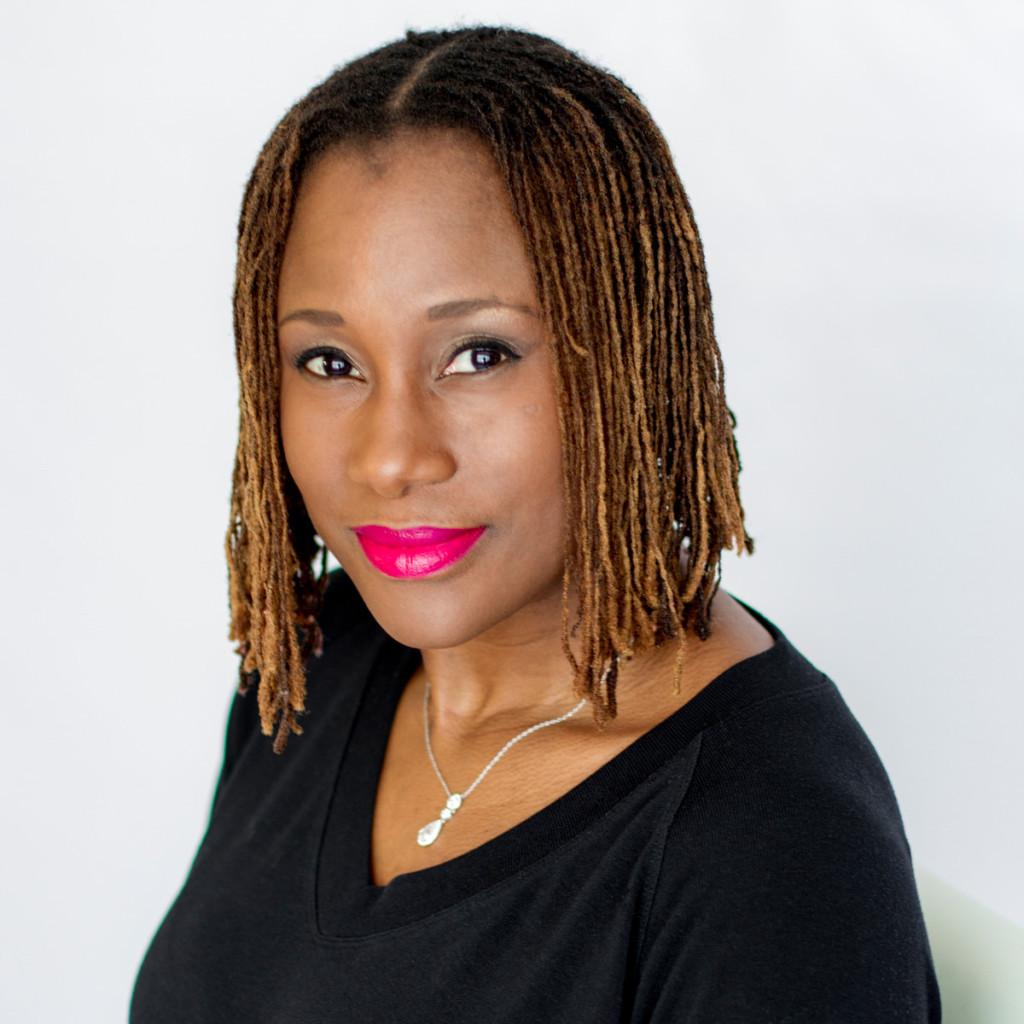
In our interview, the mom, wife, author, designer, and doll connoisseur shares her insight on achieving proper representation for girls of color, the lack of diversity in the toy industry, and the importance of creating a healthy self-image on our impressionable youth.
Her Agenda: What made you want to start Ikuzi Dolls?
Ozi Okaro: A big part of it is the fact that I have two girls, who at the time were six and eight years old; one of which is a darker complexion than the other. They love dolls, and when we’d go doll shopping, they would notice that there was only one Black doll out of the many options available. They’d ask, “how come there’s only one of me?” One day, when I was home wondering what was next for me, I thought about what excites me and what I’m passionate about. I decided that we have to create what we want for our children, leading me to the Ikuzi Doll. I knew I had to make them variant in appearance because the beauty of Black women is that we’re very diverse, as we come in many different shades. I wanted to incorporate ties to our African roots (hence the Ankara ensembles) because it’s important that we celebrate where we’re from to get where we’re going.
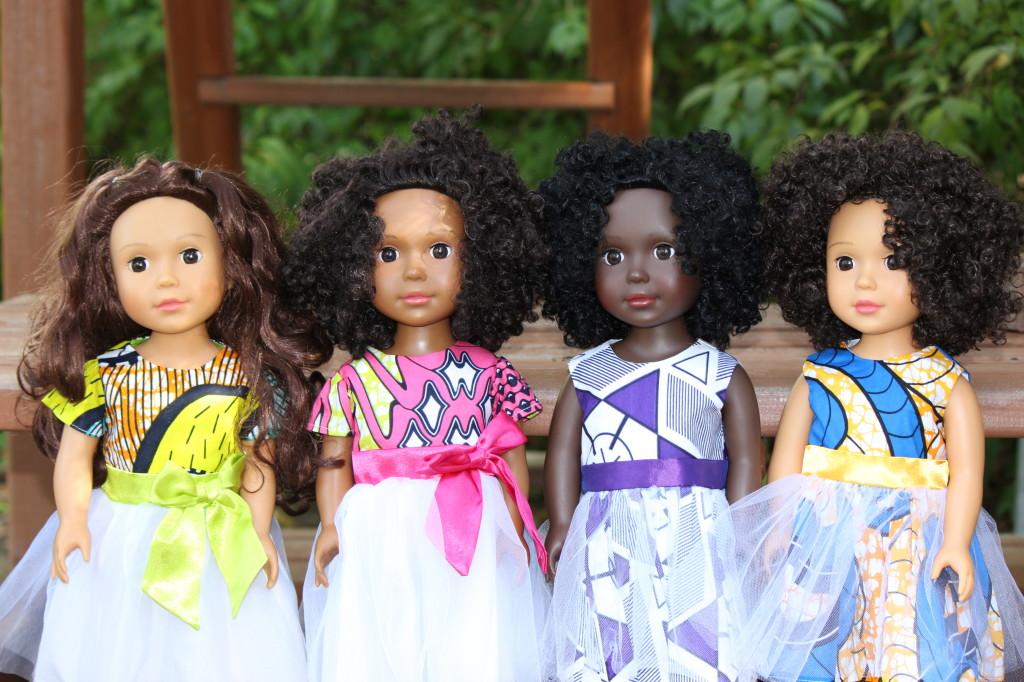
Her Agenda: The Clark Doll Experiment is a popular study that demonstrates the internalized racism that many children of color face. How do you think this study and the lack of color in the toy industry correlate?
Ozi Okaro: At the time of the original experiment, the images in the media, books, and everything surrounding us not only in our country – but in the world, told us that we weren’t good enough or up to par. When you place a doll in front of a child that hasn’t seen positive images of Black people in the media, naturally they’re going to look at the lighter tone as better because that’s what is portrayed. I think right now, we’re experiencing change and are more conscious of the brainwashing. We’re going to read stories of Black children to our kids and be proud of who we are and how we look. Promoting positive images of the Black community outside of what they’re used to, will change the opinions of non-Black folks.
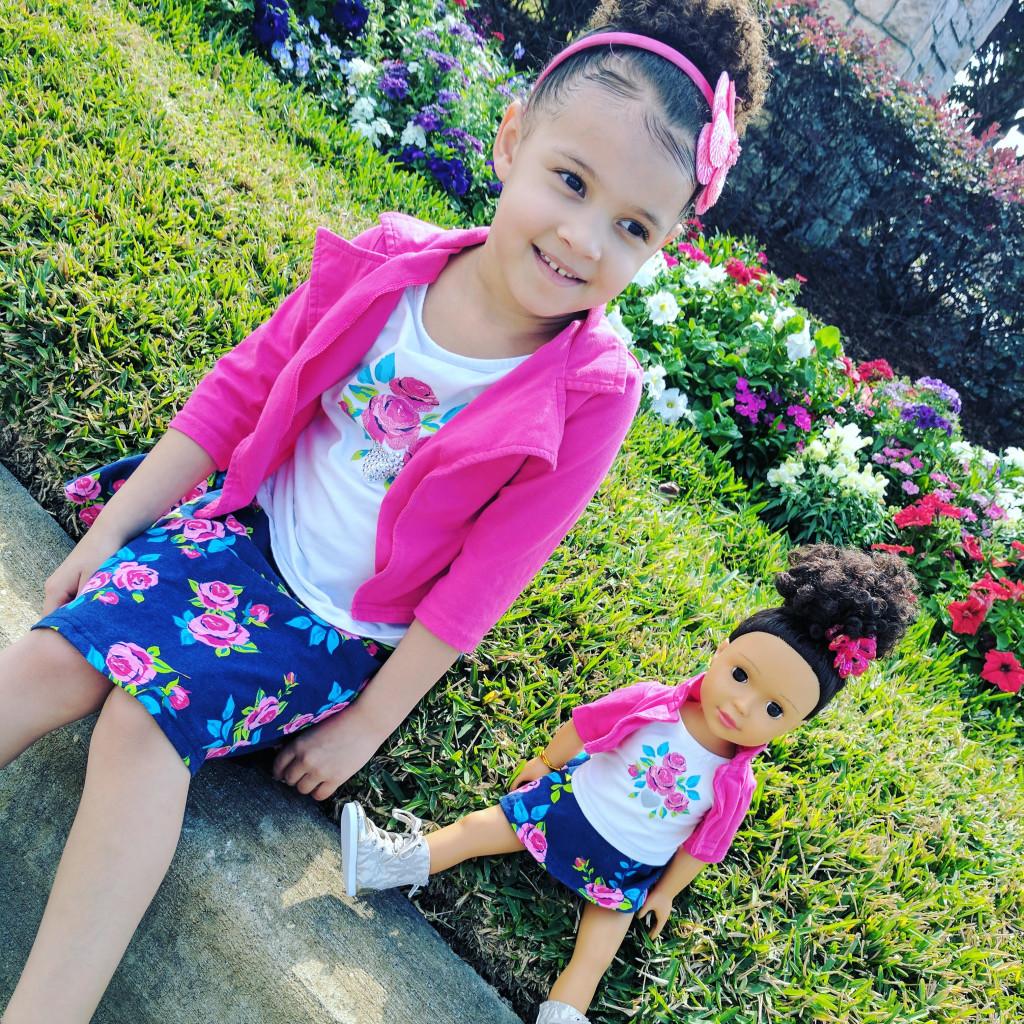
Her Agenda: How important is it to instill the values of self-love in young girls transitioning out of their pre-teen years, into teenage years?
Ozi Okaro: Of course you want to start with a foundation where you are exposing them to positive Black imagery and Black history. Pre-teen years are a difficult time so it’s important to get together with your community and expose them to Black history through film and television that will assist in educating them on their roots and what they’re capable of. For example, my daughters recently went and saw the monumental film Hidden Figures.
As parents, we often have similar goals in raising our children, and it’s important that we band together to educate and expose them to avenues that they may not see elsewhere. It also allows you to have insight on what they’re experiencing and give them tips and tools on how to deal with them effectively.
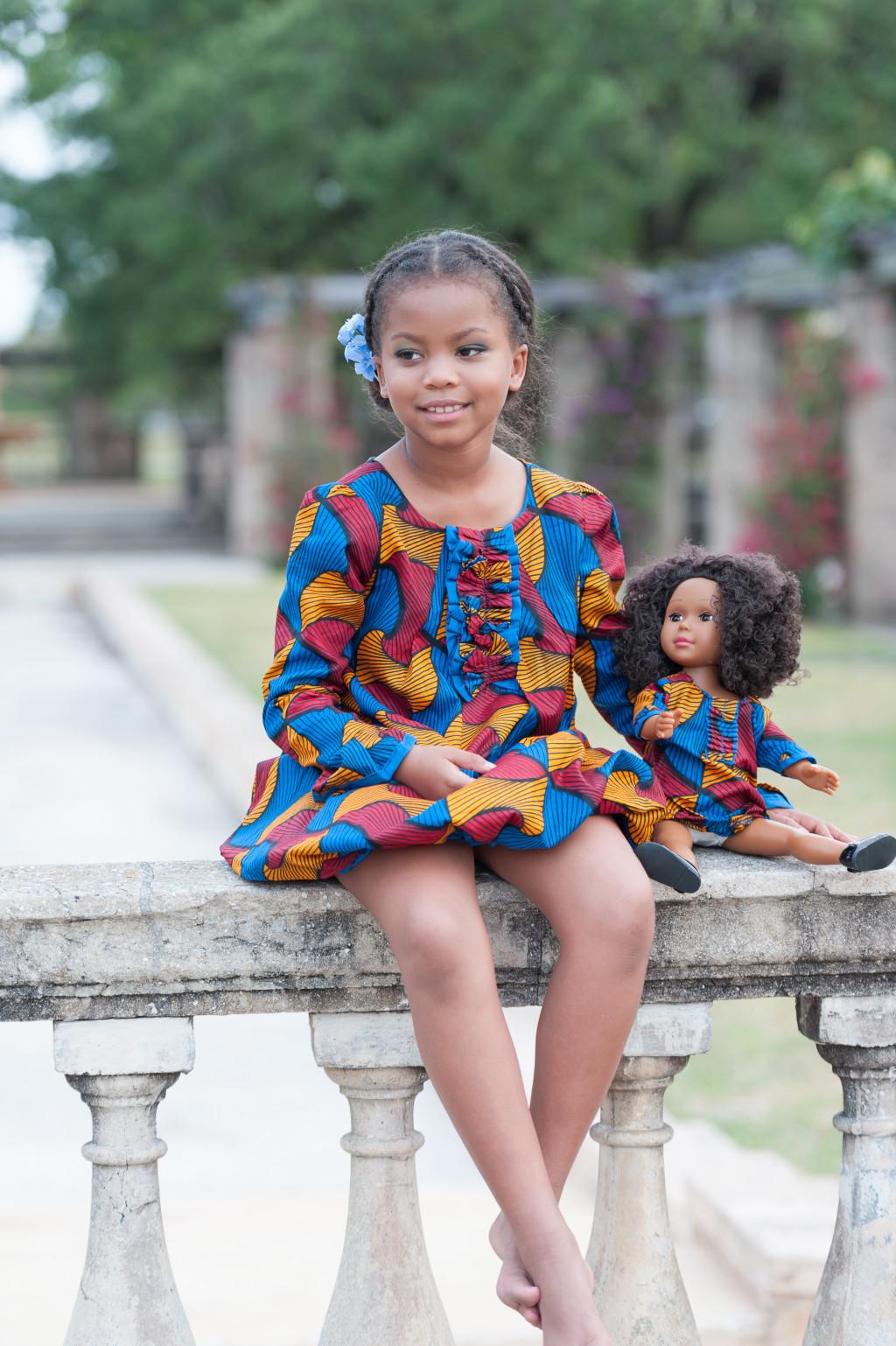
Her Agenda: What’s your opinion on the lack of diversity in the toy industry?
Ozi Okaro: It’s very disappointing that after all of this time, you still don’t see a doll that represents all cultures. You look through the doll section and see mainly white dolls, not dolls that represent the many ethnicities across the country. We have been told that the reasoning is that it doesn’t sell. Now, you can sit there and accept it, or you can challenge it. Doll companies, like myself, need to create dolls that every child can relate to.
We have to paint those pictures for ourselves. They’re not going to do it for us.
Her Agenda: When you’re having a down day, where do you draw inspiration?
Ozi Okaro: I’ve always been a very optimistic person and always look for the bright side of every situation. But on those days when things don’t seem to be going well, I try to remember that ‘this too shall pass.’ I can sulk and remain in this disappointment or I can move on and be excited about the blessings to come. Focusing and visualizing what I want next, is a way to snap out of it.


